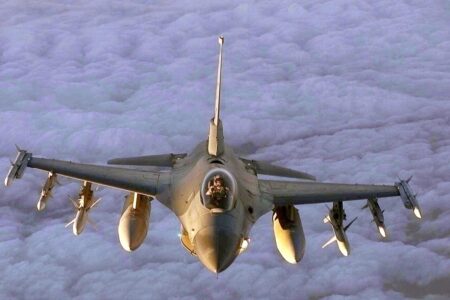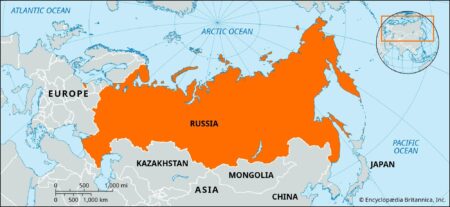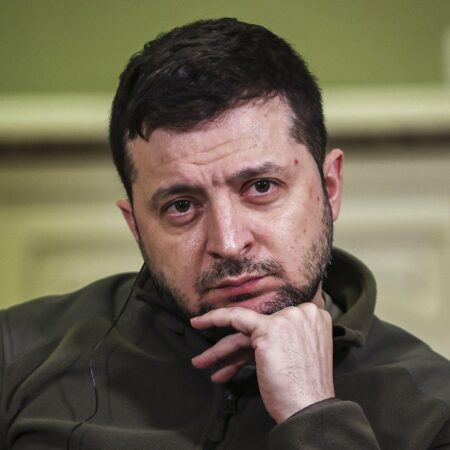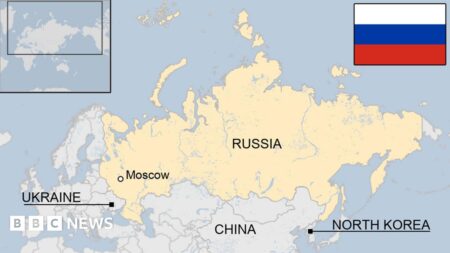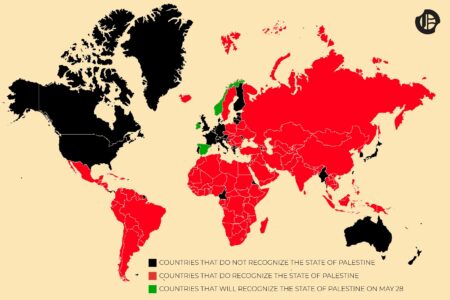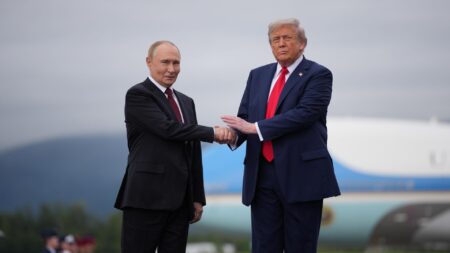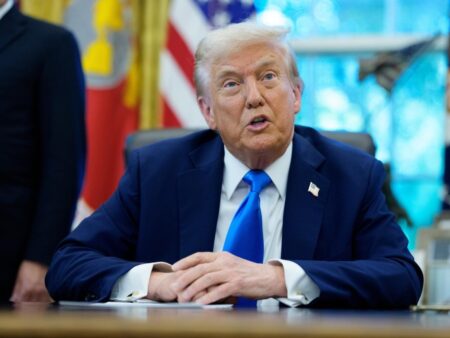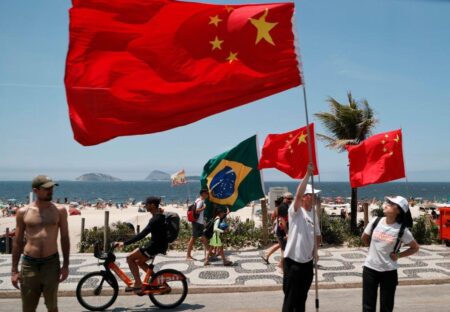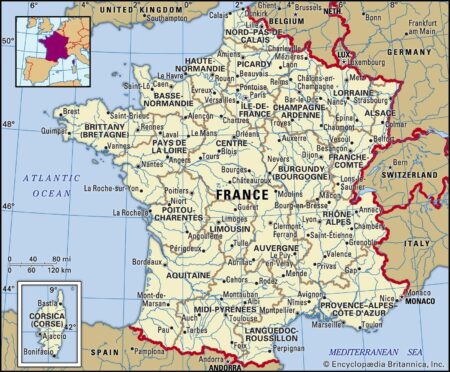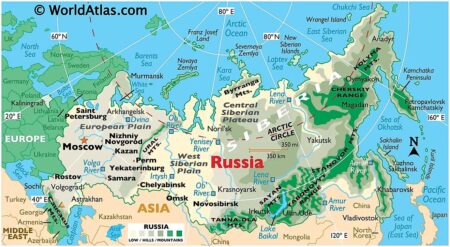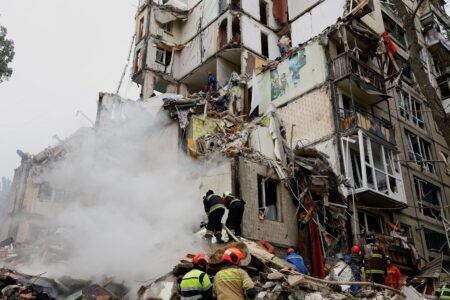U.S. fighter jets rapidly scrambled to intercept Russian warplanes inching dangerously close to Alaskan airspace, marking a sharp rise in military activity in the region, CBS News reports. This daring move underscores the growing tensions between these two global powers
Browsing: Geopolitics
Russia’s aggressive interference in Moldova’s elections threatens the very core of the nation’s democracy. Through relentless disinformation campaigns and cyberattacks, it seeks to manipulate voters and destabilize the pro-Western government
Special Report: Ukrainian President Zelensky unveils groundbreaking war technology aimed at countering Russian aggression, signaling a bold new strategic direction as the conflict hits a critical turning point
Ukrainian President Zelenskyy issued a striking warning to the UN: “Ukraine is only the first,” highlighting escalating global threats. Speaking on Europe’s ongoing crisis, he urged steadfast international solidarity to prevent new conflicts from erupting
Germany has launched an ambitious €80 billion rearmament plan, putting European and domestic weapons front and center while pushing US arms suppliers to the sidelines. This bold strategy signals a major shift amid rising geopolitical tensions
Beijing’s core goals remain clear and deliberate, prioritizing regime stability, robust economic growth, and unwavering sovereignty. Rather than pursuing global dominance, China is concentrating on focused, well-defined objectives that ease concerns about expansionism
Russia has charged NATO with planning a military landing in Ukraine and an occupation of Moldova, ramping up tensions in the already volatile regional conflict, according to a recent Newsweek report
Poland scrambled jets in a dramatic response to Russia’s massive aerial assault on Ukraine, ramping up regional tensions. This bold action underscores growing fears that the conflict could spill beyond borders as violence intensifies, CNN reports
The Senate has just confirmed a leading China critic as the new U.S. ambassador to Argentina, signaling a bold strategic move amid escalating tensions with Beijing and America’s growing influence throughout the Global South
Britain, Canada, and Australia have taken a historic step by officially recognizing a Palestinian state, signaling a dramatic shift in international diplomacy and deepening Israel’s global isolation, CNN reports. This bold decision underscores the growing wave of support for Palestinian sovereignty across the globe
Russian President Vladimir Putin announced that Russia will maintain its current nuclear arms control agreements for the coming year, signaling a temporary pause amid rising global tensions, NBC News reports
In Trump’s crackdown on H-1B visas, China is seizing a golden opportunity to attract the world’s brightest tech minds. As India faces new challenges, Beijing is boldly accelerating its quest to dominate the global talent landscape
Germany scrambled jets after Russian military aircraft flew over the Baltic Sea, authorities confirmed. This daring response underscores rising tensions as NATO ramps up its vigilance against Russian air activity in the region
Tensions are rising as Trump’s aggressive U.S. stance toward Brazil paves the way for Beijing to deepen its influence throughout Latin America. Shifting alliances are transforming the geopolitical landscape, with China capitalizing on Washington’s miscalculations to strengthen its foothold
Leaders from China, Russia, North Korea, and Iran converged in Beijing for a breathtaking military parade, proudly displaying their combined might and delivering a powerful message to Western powers amid rising global tensions
Tensions are rising as Spain’s political scene and public sentiment turn sharply against Israel’s policies. TheTrumpet.com takes you inside the key factors fueling this change and explores what it could mean for future diplomatic relations
Japan is raising alarms over the weakening US-India partnership, cautioning that this could trigger regional instability and strategic setbacks. Tokyo views a strong US-India alliance as crucial to countering China’s growing influence throughout Asia
France’s President Macron has signaled that Europe is ready to swiftly reimpose sanctions on Iran, as tensions soar over Tehran’s nuclear program-underscoring the EU’s firm and unwavering stance. (Al Jazeera)
Russia and Vietnam are turning their energy sector profits into strategic arms deals, skillfully navigating around potential US sanctions. This bold maneuver highlights shifting defense alliances in the face of rising geopolitical tensions, reports Military.com
Russia has launched a massive assault on Ukraine, resulting in 3 fatalities and dozens more injured, reports MPR News. This fierce attack marks a significant escalation in the ongoing conflict between the two nations

